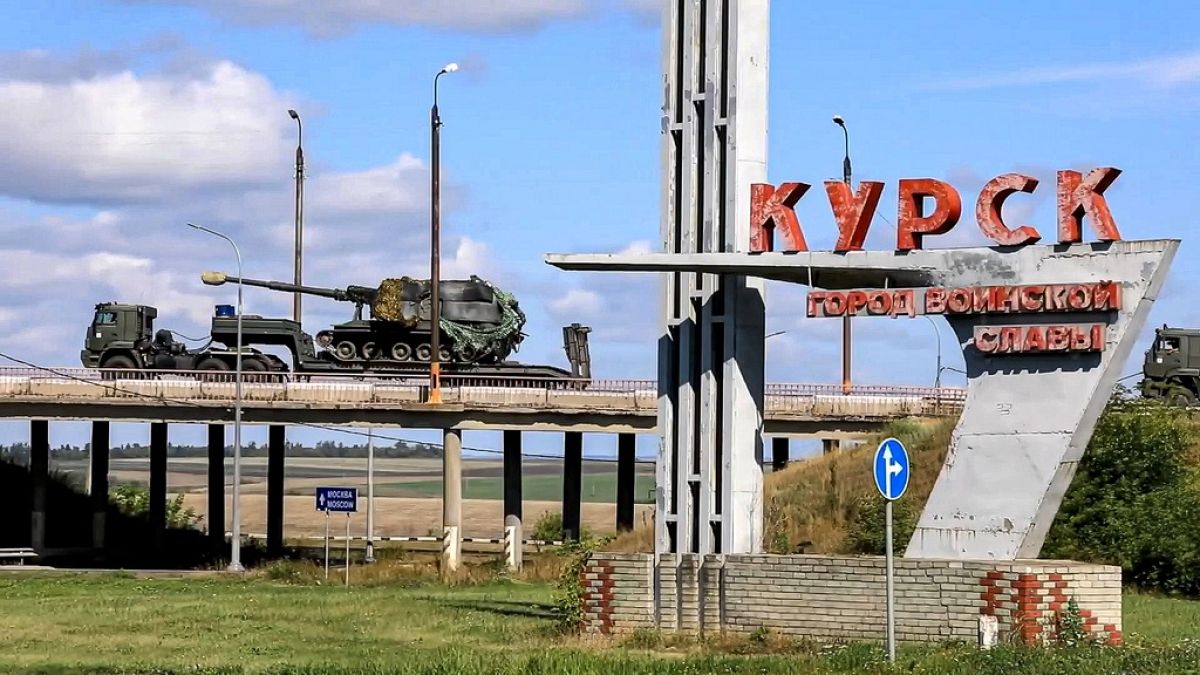In August, two Italian journalists from state broadcaster RAI, Stefania Battistini and Simone Traini, found themselves at the center of a controversy when Moscow issued arrest warrants for them following their coverage of Ukraine’s surprise military incursion into Russia’s Kursk region. The move sparked outrage in Italy over press freedom, with Italy’s Deputy Premier and Foreign Minister Antonio Tajani condemning Moscow’s decision to target the journalists. Tajani called the arrest warrants a direct attack on journalistic freedoms and vowed that the Italian government would always defend the right to independent reporting.
The arrest warrants for Battistini and Traini are part of a broader crackdown by Moscow on journalists covering the ongoing conflict between Ukraine and Russia. Several Western correspondents have also been placed on a wanted list by Russian authorities for their reporting on the incursion in Kursk. The situation in the region remains tense, with Ukrainian forces reportedly advancing in recent weeks and Russian forces tasked with driving them out by mid-October. The Kremlin’s crackdown on foreign media has raised concerns about freedom of the press in Russia and is seen as an attempt to control the narrative and suppress international scrutiny of its military actions.
The arrest warrants for Battistini and Traini have highlighted the increasingly precarious position of journalists covering Russia’s full-scale invasion of Ukraine. The Kremlin’s actions against foreign media have sparked condemnation and calls for the protection of press freedom. Italy’s Deputy Premier Tajani has been vocal in his support of the RAI journalists, denouncing Moscow’s move as a form of persecution of press freedom. The Italian government has pledged to defend the right to independent reporting and stand against any attempts to silence journalists reporting on sensitive issues such as the conflict in Kursk.
The situation in Kursk and the broader conflict between Ukraine and Russia have put journalists at risk as they try to report on the ground. The arrest warrants for Battistini and Traini are just one example of the challenges faced by journalists covering the conflict. The escalating tensions in the region have made it increasingly difficult for reporters to operate freely and without fear of reprisals from the authorities. The Kremlin’s crackdown on foreign media is part of a larger effort to control the narrative and shape how the conflict is portrayed in the international media.
The arrest warrants for Battistini and Traini have sparked outrage in Italy and raised concerns about the safety of journalists reporting from conflict zones. The Italian government has condemned Moscow’s actions and called for the protection of press freedom. The targeting of journalists covering sensitive issues such as the conflict in Kursk is a worrying trend that undermines the ability of the media to report accurately and independently. As tensions continue to escalate in the region, it is crucial that journalists are able to operate freely and without fear of persecution or retribution from the authorities. Italy and other countries must continue to speak out against attacks on press freedom and support the journalists who are risking their lives to bring the truth to light.
The arrest warrants for Battistini and Traini are a stark reminder of the challenges faced by journalists reporting on conflicts around the world. As the situation in Kursk continues to unfold, it is essential that the media are allowed to operate freely and without fear of reprisals. The Italian government’s response to Moscow’s actions sets an important precedent for defending press freedom and standing up for the rights of journalists to report independently. In a time when information is crucial, it is vital that journalists are able to do their job without being targeted for simply doing their duty to inform the public about important issues such as the conflict in Kursk.





















